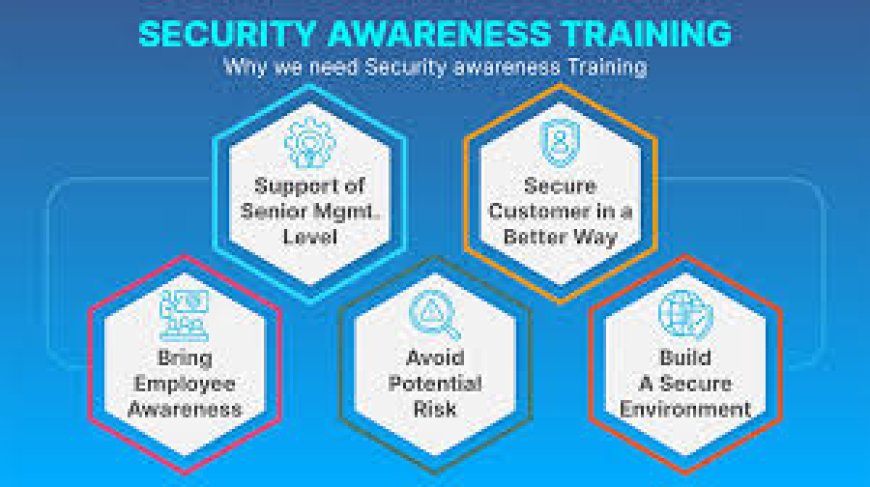What Is Secure Developer Training and Why Does It Matter?
Secure Developer Training equips software developers with the essential knowledge and practical skills to build secure applications from the ground up.

In todays fast-paced digital world, software is everywherefrom banking apps to healthcare platforms to entertainment services. But as technology evolves, so do the threats that target it. Cyberattacks, data breaches, and application-level vulnerabilities are more common than ever. Thats why Secure Developer Training has become essentialnot just for cybersecurity professionals, but for every developer involved in the software development lifecycle.
What Is Secure Developer Training?
Secure Developer Training is a structured program designed to teach software developers how to identify, prevent, and fix security vulnerabilities in their code. Unlike general software development courses, this training focuses specifically on secure coding practices, threat modeling, vulnerability mitigation, and compliance standards such as OWASP, PCI-DSS, GDPR, and HIPAA.
Key Topics Covered in Secure Developer Training
- Secure Coding Principles
Learn how to avoid common coding mistakes that lead to vulnerabilities like SQL injection, XSS, buffer overflows, and more. - OWASP Top 10
Training typically covers the most critical web application security risks as identified by the OWASP Foundation. - Threat Modeling
Understand how to anticipate threats and design systems with security in mind from the start. - Secure Software Development Lifecycle (SSDLC)
Learn how to integrate security checkpoints into every phase of development. - Real-World Exploits & Case Studies
Developers study real attacks and breaches to better understand how poor coding choices can be exploited.
Why Does Secure Developer Training Matter?
1. Reduces Risk of Security Breaches
Most modern cyberattacks exploit flaws in software applications. Secure coding drastically reduces this risk by minimizing the number of vulnerabilities in your codebase.
2. Saves Time and Costs
Fixing a bug in production is 6100x more expensive than fixing it during development. Early security training prevents costly rework and crisis management.
3. Boosts Developer Confidence and Code Quality
Developers trained in secure practices write cleaner, more maintainable, and more resilient coderesulting in better software overall.
4. Supports Compliance and Regulations
Regulatory bodies require applications to meet certain security standards. Trained developers help ensure you remain compliant with industry laws and best practices.
5. Strengthens DevSecOps Culture
Secure developer training is a foundational step toward building a strong DevSecOps culture, where security is a shared responsibility across development and operations.
Who Needs Secure Developer Training?
- Frontend and Backend Developers
- Mobile App Developers
- DevOps Engineers
- QA/Test Engineers
- Software Architects
- Engineering Managers
The digital threat landscape isnt slowing down, and neither should your efforts to stay ahead of it. Secure Developer Training isnt just a nice-to-haveits a business-critical investment that improves code quality, reduces risk, and empowers your development team to build with confidence.








































